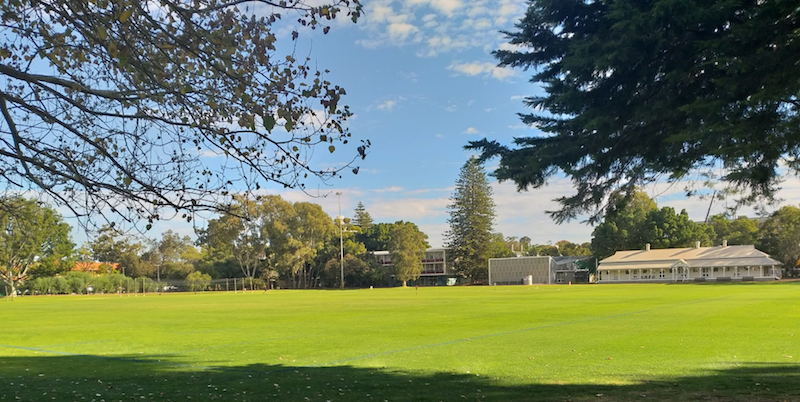LAUSANNE – FISU’s far-reaching Healthy Campus project was announced on the International Day of University Sport, 20 September in 2018. Just over a year later, the pilot universities involved with the project have now identified and compiled programmes that will execute the principles of the project on their campus.

 Emiliano Gordin (centre) of FeDUA, discussing the Healthy Campus project at the FISU HQThe FISU Healthy Campus project aims to provide universities worldwide with systematic guidelines and tool kits to ensure the well-being and healthy lifestyle of their students.
Emiliano Gordin (centre) of FeDUA, discussing the Healthy Campus project at the FISU HQThe FISU Healthy Campus project aims to provide universities worldwide with systematic guidelines and tool kits to ensure the well-being and healthy lifestyle of their students.
“All university authorities are involved in the development of the FISU Healthy Campus project, and we have been able to work with the coordinators of the different career areas to carry out an interdisciplinary project,” says Emiliano Gordin who is responsible for the Healthy Campus project at Universidad Nacional de La Matanza, Argentina. La Matanza is one of the seven universities that are partnering FISU in the pilot phase of this project.
“It is a matter of pride for us to have been chosen as a pilot university in this important programme,” adds Gordin. “At this moment, we are working on the establishment and implementation of a strategic plan for Healthy Campus.”
Ian Fitzpatrick of University of Western Australia agrees with Gordin. “The University of Western Australia has been really pleased to work alongside FISU on this pilot project,” he says. “It has stimulated many positive interactions on campus between colleagues and opened up communication and awareness between all the areas of the University that have a role to play in providing a healthy campus.”
 Ian Fitzpatrick (second from left) of the University of Western Australia
Ian Fitzpatrick (second from left) of the University of Western Australia
“We are currently looking through the draft criteria,” says Fitzpatrick about the stage they are at, in implementing the programme. “We are really pleased to see our university has a positive approach in many of the identified areas. Equally, we have also been able to see opportunity for improvement or attention in others.”
 Both Fitzpatrick and Gordin agree that being part of the Healthy Campus pilot has brought great value to their universities.
Both Fitzpatrick and Gordin agree that being part of the Healthy Campus pilot has brought great value to their universities.
“The implementation of Healthy Campus brings many questions to La Matanza,” says Gordin. “In principle, we can evaluate and improve the quality of life of our community, contributing to the well-being of our students and teachers. In addition, the Healthy Campus label will give our institution international visibility and allow us to continue on the path of excellence.”
For Fitzpatrick, he says the real value is in bringing various areas of the university onto the same page. “We can collaborate on improved outcomes and avoid duplication of work,” he explains. “Also, the international university network that will create an information flow and sharing platform, will be invaluable for continued and constant improvement from a campus level.”
That, in a nutshell is what the FISU Healthy Campus project is about. The project aims to bring universities worldwide onto the same platform for information sharing, best practices and guidelines for keeping the campus healthy.
FISU has currently provided the pilot universities with the criteria for the ‘Healthy Campus Label’ and is now seeking to fine tune the standards. The next milestone on this road will be the final definition of the toolkit after evaluation of case studies received from the pilot universities.